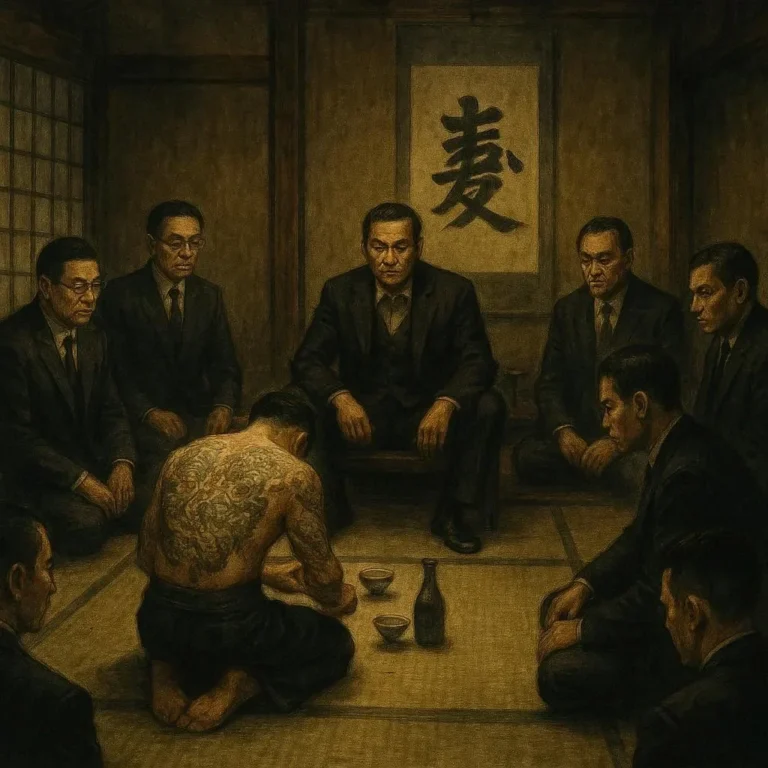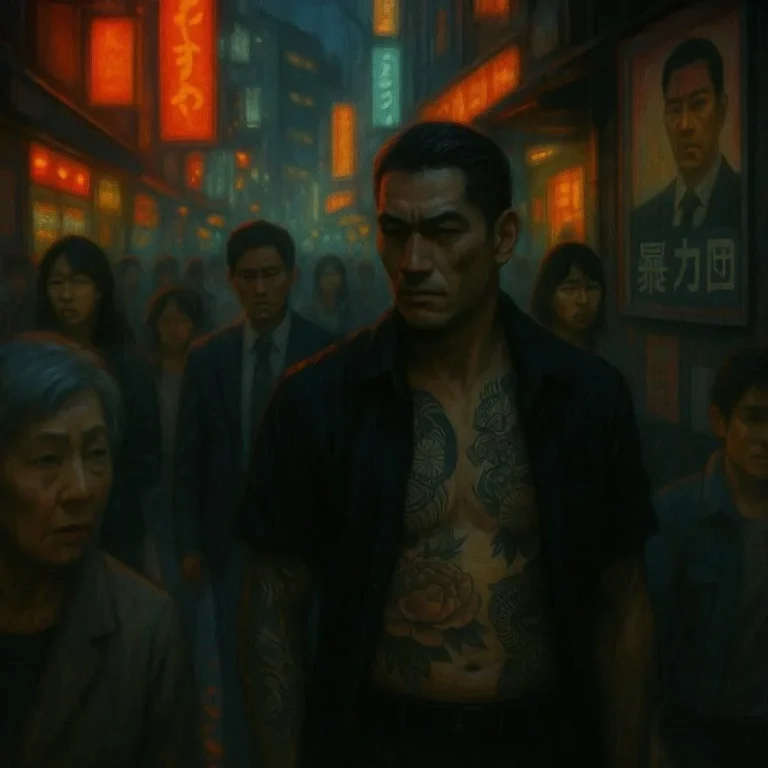504 views Legendary Samurai: Heroes of Feudal Japan
The samurai, legendary warriors of feudal Japan, have captivated the imagination of people around the world for centuries. These stoic, honorable, and fearsome fighters were not just warriors but also embodiments of a deep cultural and philosophical tradition. From their origins as humble guards to their rise as the dominant class in Japanese society, the samurai left an indelible mark on history. In this blog post, we will delve into the fascinating world of the samurai, exploring their history, their code of honor, and the legendary figures who shaped their legacy.
The Origins of the Samurai
The samurai class emerged during the Heian period (794–1185 CE), a time of significant political and social change in Japan. Initially, samurai were provincial warriors who served as guards for the nobility and the imperial court. Over time, as the power of the central government waned, the samurai class grew in influence, becoming the dominant force in Japanese society.
The term ‘samurai’ comes from the Japanese word ‘samurai,’ which means ‘those who serve.’ However, by the late Heian period, the samurai had transcended their original role as servants to become powerful military leaders and feudal lords. Their rise to prominence was cemented during the Gempei War (1180–1185), a brutal conflict between the Taira and Minamoto clans that culminated in the establishment of the Kamakura shogunate, the first samurai-dominated government in Japan.
The Code of the Samurai: Bushido
One of the most fascinating aspects of the samurai is their adherence to a strict code of conduct known as Bushido. Bushido, which roughly translates to ‘the way of the warrior,’ was a set of principles that governed the behavior of the samurai. It emphasized loyalty, honor, discipline, and self-sacrifice. Bushido was more than just a code of conduct; it was a way of life that shaped the samurai’s approach to battle, their relationships, and even their personal growth.
At the heart of Bushido was the concept of ‘honor.’ For a samurai, honor was paramount. Losing one’s honor could result in social ostracism, loss of status, and even seppuku, a ritualistic form of suicide by disembowelment. Seppuku was seen as a means of restoring honor and demonstrating one’s commitment to the principles of Bushido.
Another key aspect of Bushido was loyalty. Samurai were expected to be unwaveringly loyal to their daimyo (feudal lord) and to their family. This loyalty was not just a matter of duty but was deeply personal. A samurai’s loyalty was tested in times of war, when they were expected to fight to the death in defense of their lord and their domain.
Discipline was also a critical component of Bushido. Samurai were expected to cultivate mental and physical discipline through rigorous training and self-control. This discipline was not limited to the battlefield; it was applied to all aspects of a samurai’s life, from their diet and exercise to their literature and art.
Legendary Samurai: Heroes of Feudal Japan
Throughout history, there have been many legendary samurai who have left their mark on Japanese history. These warriors were not just skilled fighters but also men of great character and vision. Their stories have been passed down through the generations, inspiring countless works of literature, film, and art.
Minamoto no Yoshitsune
One of the most famous samurai in Japanese history is Minamoto no Yoshitsune, a brilliant military strategist and leader of the Minamoto clan during the Gempei War. Yoshitsune is often celebrated as a tragic hero, whose brilliant victories on the battlefield were overshadowed by the treachery and betrayal that ultimately led to his downfall.
Yoshitsune’s most famous victory came at the Battle of Dan-no-Ura in 1185, where he led the Minamoto forces to a decisive victory over the Taira clan. This victory not only ended the Gempei War but also established the Minamoto clan as the dominant power in Japan.
Despite his many achievements, Yoshitsune’s life was cut short when he was betrayed by his own brother, Minamoto no Yoritomo, who became jealous of his popularity and success. Yoshitsune was forced to flee and eventually took his own life in a final, desperate attempt to restore his honor.
Miyamoto Musashi
Another legendary samurai is Miyamoto Musashi, perhaps the most famous swordsman in Japanese history. Musashi is best known for his unparalleled skill with a sword, as well as his philosophical writings on strategy and combat.
Musashi’s life was marked by both violence and introspection. He is said to have fought in over 60 duels, many of which ended in the death of his opponents. His most famous duel was against Sasaki Kojirō, a fellow swordsman, which took place on Ganryu Island in 1612. Musashi emerged victorious, killing Kojirō with a wooden oar that he had carved into a makeshift sword.
In addition to his prowess with a sword, Musashi was also a gifted artist and writer. His most famous work is ‘The Book of Five Rings,’ a treatise on strategy, tactics, and philosophy that is still studied by martial artists and business leaders around the world.
Ōishi Yoshio
Ōishi Yoshio, the leader of the Forty-seven Ronin, is another legendary figure in Japanese history. The story of the Forty-seven Ronin is one of the most famous tales of loyalty and honor in Japanese literature.
In 1701, Ōishi Yoshio’s lord, Asano Naganori, was unjustly punished by the shogunate for drawing his sword in the forbidden corridors of Edo Castle. Asano was forced to commit seppuku, and Ōishi, along with 46 of his fellow retainers, vowed to avenge their lord’s death.
The ronin spent over a year planning their revenge, during which time they dispersed and lived in hiding, all the while gathering intelligence and resources. Finally, in 1702, they launched a daring raid on the mansion of Kira Yoshinaka, the official responsible for Asano’s death. Kira was killed, and the ronin then turned themselves in, knowing that their actions would result in their own deaths.
The story of the Forty-seven Ronin has become a symbol of the samurai code of honor and loyalty. It continues to inspire people around the world with its timeless message of commitment and sacrifice.
The Decline of the Samurai
The samurai class remained the dominant force in Japanese society for nearly 700 years, until the Meiji Restoration of 1868. During this period, Japan underwent a series of sweeping changes that effectively ended the samurai’s traditional way of life.
The Meiji Restoration was a revolution that overthrew the Tokugawa shogunate and restored imperial rule to Japan. One of the key goals of the Meiji Restoration was to modernize Japan and bring it into line with Western standards. As part of this effort, the samurai class was abolished, and the traditional feudal system was dismantled.
Many samurai were forced to adapt to a new way of life, as their traditional roles as warriors and feudal lords were phased out. Some samurai found new roles in the modernizing Japanese army, while others turned to farming, commerce, or other professions. However, the loss of their traditional status and way of life was a bitter pill for many samurai to swallow.
The Legacy of the Samurai
Despite their decline, the samurai have left an enduring legacy in Japanese culture and beyond. Their code of honor, Bushido, continues to influence Japanese values and behavior to this day. The samurai’s emphasis on loyalty, discipline, and self-sacrifice has also inspired people around the world, from business leaders to martial artists.
The samurai’s impact on Japanese culture is evident in literature, art, and film. From the classic works of Japanese literature, such as ‘The Tale of the Heike,’ to modern films like ‘Seven Samurai’ and ‘The Hidden Blade,’ the samurai continues to be a source of fascination and inspiration.
In addition to their cultural impact, the samurai have also had a lasting influence on the development of martial arts. Many of the martial arts practiced today, such as karate, judo, and aikido, have their roots in the samurai’s traditional martial practices.
Conclusion
The samurai were true heroes of feudal Japan, embodying the values of honor, loyalty, and discipline that defined their way of life. From their origins as humble guards to their rise as the dominant class in Japanese society, the samurai left an indelible mark on history. Their stories, from the triumphs of Minamoto no Yoshitsune to the tragic tale of the Forty-seven Ronin, continue to inspire and captivate us to this day.
As we reflect on the legacy of the samurai, we are reminded of the enduring power of honor and loyalty. Their commitment to their principles, even in the face of overwhelming odds, is a timeless lesson that continues to resonate with people around the world. Whether you are a history enthusiast, a martial artist, or simply someone who appreciates the value of honor, the legendary samurai of feudal Japan have much to teach us.
So, let us remember the samurai not just as warriors but as heroes who embodied the very best of human qualities. Their legacy is a testament to the enduring power of courage, discipline, and honor, and it is a legacy that will continue to inspire future generations for years to come.







